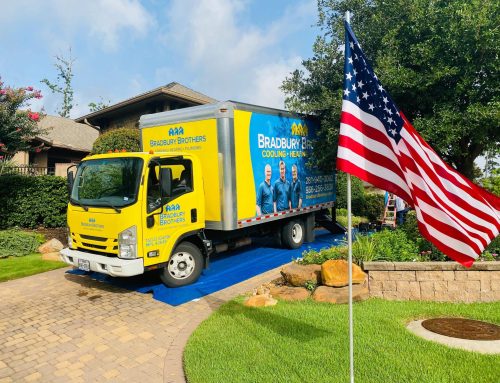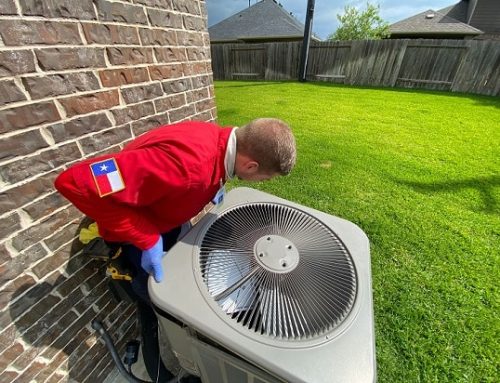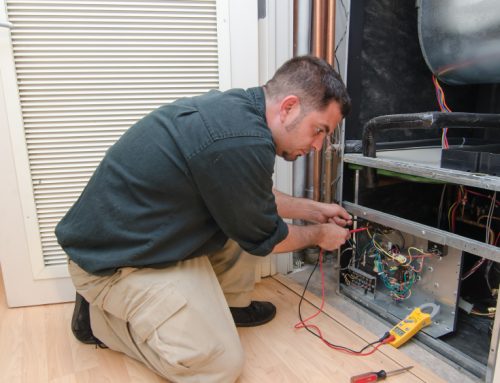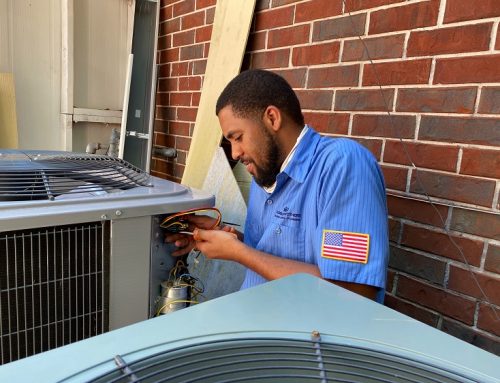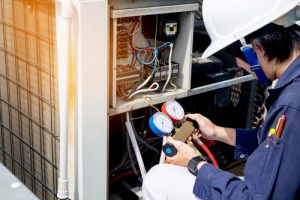
Why HVAC Systems Short Cycle
Some of the most common reasons your HVAC suffers from short cycling are:
- The AC unit is low on refrigerant.
- The air conditioning evaporator or heat pump coils “freeze up.” This occurs when there’s some blocked air flow or refrigerant leak.
- The air filter is clogged and blocks your HVAC unit’s airflow. Your heating and cooling “engine” overheats and shuts down before completing its cycle.
- The HVAC system has electrical connection problems.
- Your AC/heating unit is too big. In Texas, we think bigger is better, but if your HVAC unit is too powerful, it will send a blast of air then shut down, causing temperature variations in your rooms. This also stresses your HVAC system in addition to inadequately heating or cooling your home.
Can You Fix Short Cycling?
HVAC.com says short cycling “. . . can slowly erode the integrity of your HVAC system and cost you more money in the long run.” Before you call your HVAC professional, DIYers (do-it-yourselfers) can:
- Check your filter. If it’s dirty or clogged, clean or replace it immediately.
- If your thermostat is near a space heater or even in direct sunlight, its location could be causing the short cycle. If not, replace your thermostat’s batteries then let the system run for an hour. If it doesn’t solve the problem…
- Do a walkthrough and check for open windows or leaky seals.
If none of this addresses the problem . . .
It’s Time to Call 281.651.5484
Your Bradbury Brothers Heating & Air Conditioning professionals will check your unit and effect the fix before the short cycle does any more damage. If you have any questions about HVAC care and maintenance, contact us today!
